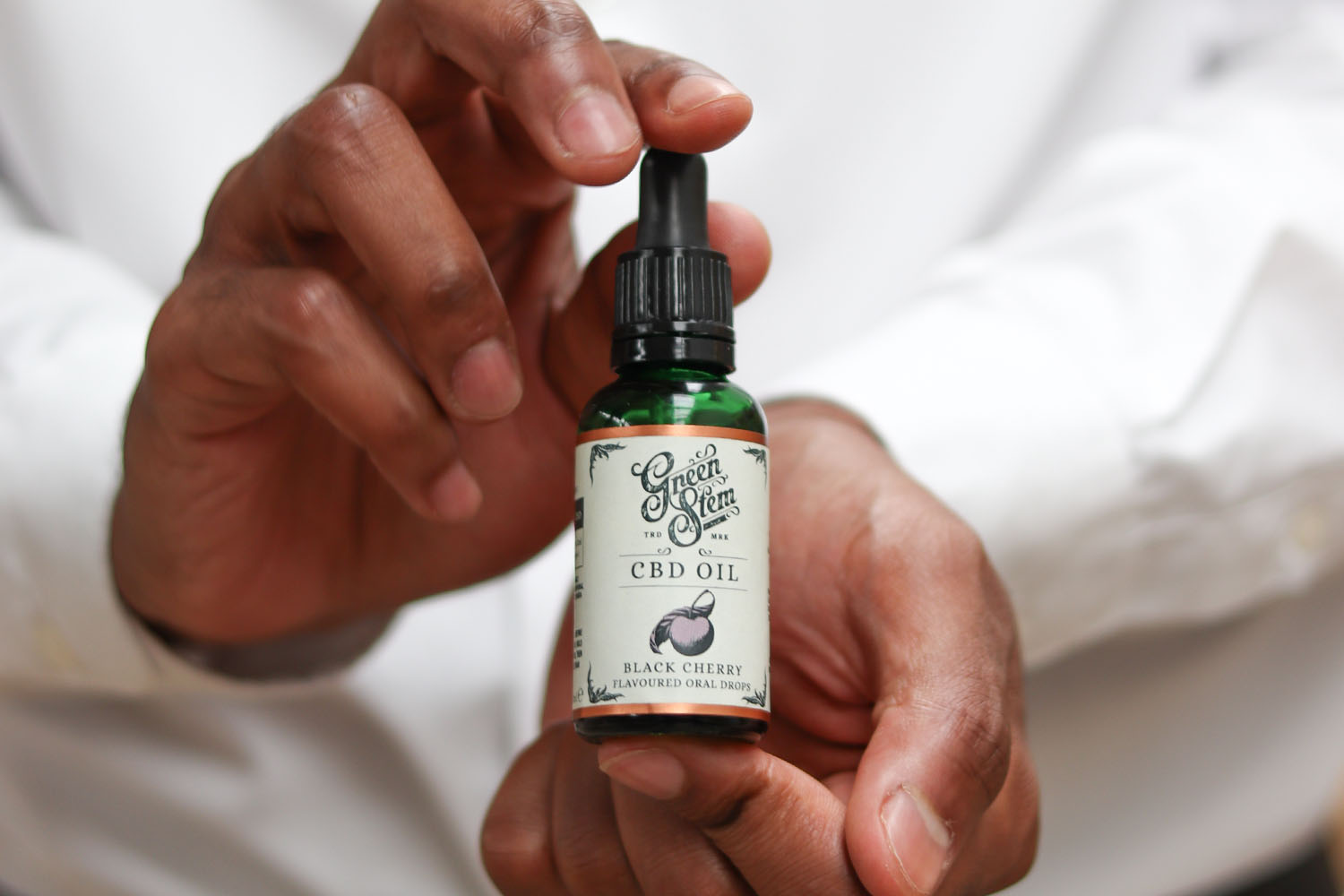What is CBD?
With limited information available, it can be challenging to understand what exactly is CBD - In this article, we aim to provide an answer to the popular questions 'What is CBD?'.

Overview - What is CBD?
The popularity of CBD products has grown significantly in recent years, with CBD oil drops, CBD gummies, vapes as well as CBD skincare. This increased popularity is due to various factors, including the perceived ability of CBD to help support the body. A growing number of research studies examining its potential uses as well as endorsement by celebrities and influencers. Despite its prevalence, there remains a great deal of confusion and misinformation.
We believe that the key to clearing misunderstandings and stigmas is education, therefore, we aim to clear up a little bit of the confusion and provide readers with the information needed to understand what is CBD and where does CBD come from – its association with hemp and/or marijuana as well as its legal status in the UK.
What is CBD and where does it come from?
Cannabidiol (CBD) is a non-psychotropic compound derived from Cannabis sativa , a sub-species of the Cannabis plant. Unlike tetrahydrocannabinol (THC), which is the primary psychotropic compound found in cannabis and is responsible for the “high” associated with marijuana, CBD does not produce any intoxicating effects. There are several methods to extract CBD from the cannabis plant, including CO2 extraction, solvent extraction, and steam distillation.
The extraction method used can determine the type of CBD product produced, such as Full-Spectrum, Broad-Spectrum, or CBD Isolate. CBD itself interacts with and supports a system known as the endocannabinoid system. The ECS is responsible for regulating various physiological processes, including pain, mood, appetite and immune function.
Full-Spectrum CBD products contain all the naturally occurring compounds found in the hemp plant, including cannabinoids, terpenes, and flavonoids. This type of CBD product will contain a prominent level of THC (tetrahydrocannabinol), the psychotropic compound found in the Cannabis plant, which is considered illegal in most jurisdictions due to its mind-altering effects (Find out more in our article, Is THC legal?).
Broad-Spectrum CBD, on the other hand, undergoes additional processing to remove THC while retaining the other compounds found in the hemp plant. This makes it a good option for those who want to avoid the potential side effects of THC, such as anxiety or paranoia. Both Broad and Full-Spectrum CBD are capable of providing what is known as the entourage effect, a phenomenon in which the compounds work together to provide a supportive effect that is perceived to be better than consuming each compound/terpene/flavonoid individually.
CBD Isolate is the purest form of CBD and contains only the CBD compound, without any other compounds found in the hemp plant. It is often pursued because of its pure nature, however, it undergoes the most processing, which can reduce the potency and quality of the CBD. Additionally, removing all compounds besides CBD will remove the chances of the entourage effect.
CBD, Marijuana and Hemp
The terms CBD, marijuana, and hemp are often used interchangeably, but there are important differences between them.
All three come from the Cannabis plant, with marijuana and hemp being the main two varieties of the plant. There are three main sub-species that come from both types called Cannabis Sativa, Indica, and Ruderalis, each with a different molecular structure and number of compounds. CBD is a compound found in both marijuana and hemp plants and is commonly extracted from the leaves/flowers and stalks.
Hemp Oil, a product often mistaken for CBD Oil, is extracted from the seeds of the hemp plant through a method of pressing the seeds. It is this difference in extraction points (leaves-flowers-stalks/seeds) that create a difference in the compound.
Cannabis Indica plants typically contain more THC and less CBD, making it unsuitable for producing CBD-based products. Marijuana, often referred to as “weed,” is typically derived from the Cannabis Indica strain and is used recreationally to produce a “high” effect due to its high THC content.
In contrast, the Cannabis Sativa or Cannabis Sativa L sub-species is most often found in the hemp plant. This is because Sativa has a high CBD count and a low THC count, making it suitable for industrial use as it complies with legal requirements in many jurisdictions.
Is CBD legal?
CBD is currently legal to consume throughout the UK as a food supplement, regulated by the FSA (Food Standards Agency). Although Broad-Spectrum CBD oil is extracted in a way that removes the THC content, minor traces of it may be present in CBD oil. However, these traces should be less than 0.0% and not detectable.
The legal limit for THC in any CBD product in the UK is no more than 1mg per container, whereas in the US, generally, a hemp plant must contain less than 0.3% of THC per plant itself. As mentioned before, CBD is classified as a food supplement and can only be sold as such. CBD brands and companies cannot make medical claims based on CBD products or recommend their use in place of prescribed medicines.
It’s important to consult a healthcare professional or doctor before using CBD if you are currently taking any medications or under medical supervision. While CBD is legal in the UK, it’s recommended to check applicable international laws before traveling to other countries with CBD products.
Our recommendations
At Green Stem CBD, we take pride in offering a wide range of CBD products suitable for everyone, with our lab reports made available to the public as we value transparency and honesty. Our CBD oil dosages range from 300mg/500mg to 6000mg, providing consumers with the flexibility to start with a smaller dose and gradually increase it based on their individual needs.
It’s important to note that finding the right dosage and product for your individual needs may take some time and experimentation, so it’s always best to consult with a healthcare professional before starting a new CBD regimen.